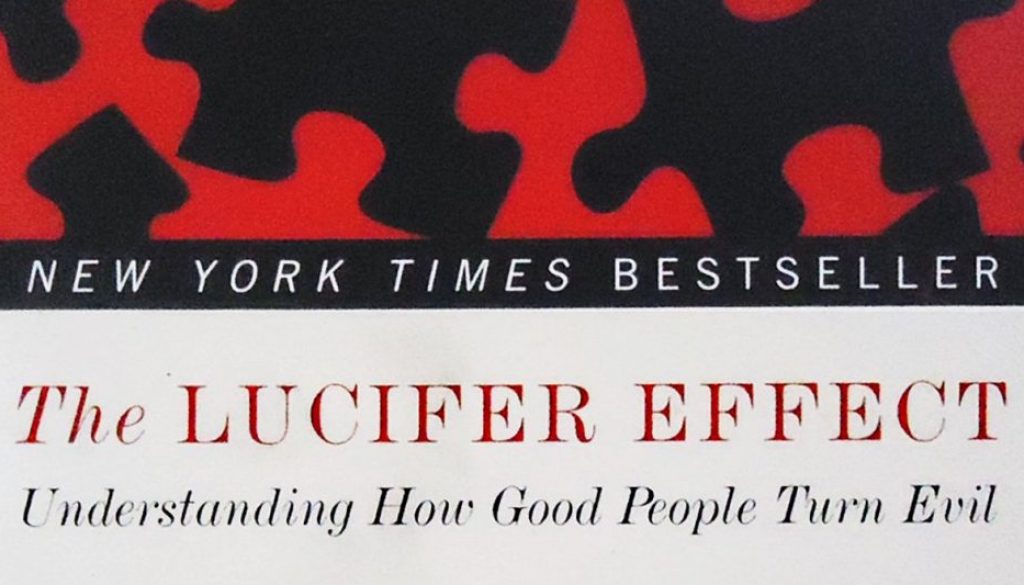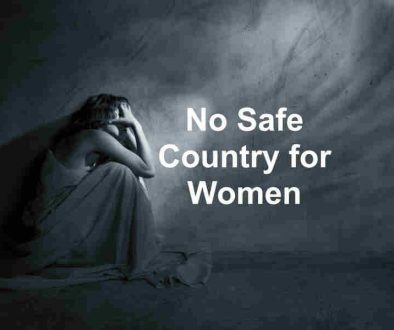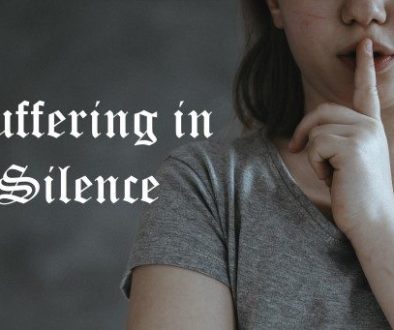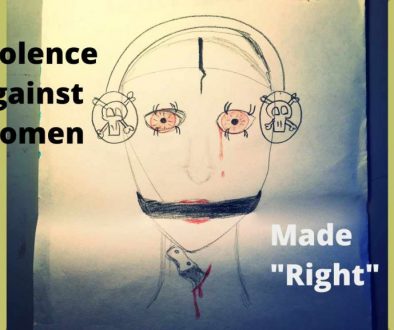Why people hurt other people
If this is the first time you are visiting my website, I encourage you to read my story and the ‘Start Here‘ page to get oriented with this website and how the content is organised.
Today I want to talk about The Abuser – the person who has changed our lives forever.
My relationship with my abusers has changed many colours over time. There was a period of time when I was driven by hatred and anger. I wanted to punish them. I wanted to take back what had been taken from me. I wanted to make them feel the pain that they had caused.
After I did some healing work, this anger became indifference. I was happy focusing on my own journey rather than spending time thinking about them (at least consciously).
The next stage was curiosity. I was curious:
Why would someone do such a horrible thing?
Why would someone hurt innocent children? Don’t they know the impact that it may have on children’s lives?
And specifically, why was I chosen? Why did I get abused and not other children?
Where was compassion? and connection?
And so a quest started. I wanted to understand what makes people hurt other people; I wanted to look into the minds of people who commit offences. I wanted to understand people who hurt other people.
I spent months and years researching, reading and trying to get into the minds of the abusers.
Finally, I came across Lucifer Effect by Dr. Phillip Zimbardo. I realised that he was asking questions, similar to me, but at a more generic level. Fortunately, he was a professor at Stanford and had the means to create an experiment, which was later called the “Stanford Prison Experiment”.
In this experiment, a group of volunteer students were chosen to be in a fake prison by becoming prisoners and guards. The prison was setup inside the university. To give a “real” feel to the experiment, real police were hired to arrest the fake prisoners. The experiment started in a simple manner but within five days there had been riots, hunger strike, and multiple incidents of abuse. The situation became so precarious that the organisers had to halt the experiment.
Dr. Zimbardo, spends considerable amount of time in the book, discussing how the power differences and structural impunity (inherent in hierarchical structures) create a potential for abuse.
The line between good and evil is permeable and almost anyone can be induced to cross it when pressured by situational forces.
Dr. Phillip Zimbardo
This insight was very healing for me. To learn that there could be “external factors” other than the abusers’ choice, freed me from their hold. The Abusers were no longer “monsters”; they were no longer “criminals”. They just became normal people who acted out really badly. The act of abuse didn’t define them; it was one of the things about them.
I want to clarify here that I am in no way condoning the abuse and I certainly understand that some people do not have any capacity to feel the pain of others, and need to be punished and stopped. I am just questioning the global application of this rule without any further investigation.
I am suggesting that punishment may not be the ONLY answer. I believe that abusers need help too and sometimes, helping the abusers, helps the society by getting rid of the root of the problem rather than the symptom.
Diving Deep into Lucifer Effect
Today’s societies are based on the system of choice. We are made to believe that we are free and all of us have a choice. We instil these values in children by letting them know that if and when they do something “wrong”, they will be punished. We create a system of reward and punishment so that children can learn, and we expect them to make the “right” choice in any circumstances.
This reward/punishment system is present throughout the society. It is one of the foundations of our justice system. If a person commits a crime (with an intent) then they “chose” it and they need to be punished.
When students were chosen for the Stanford Prison Experiment, a psych profile was done for all the volunteers. The organisers made sure that the volunteer students were as “normal” as possible and that there was not even the slightest propensity for violence in their families. The students also didn’t know whether they would become the guards or the prisoners.
Within days though, the guards realised that they had a certain “impunity” because somehow they were “above” the prisoners and they could get away with “in between the lines” behaviours. The prisoners were made to believe that they had to comply to the instructions given by the guards.
Dr. Zimbardo believes that in this hierarchical structure, it is only a matter of time where the perceived “strong” will “take it out” on the perceived “weak”.
While, there is a certain utility in punishing the guilty but if we completely ignore the environment and the circumstances, we lose the potential to get rid of the root of the problem.
In the society that I grew up, people were living in survival mode. Men weren’t educated so they weren’t able to secure jobs that would provide comfortable money; they were responsible for supporting their wives and children as well as parents and in come cases their siblings. Women would slave around the house; they would do paid housework to support their families; and live an oppressed life because they were considered second class citizens.
Men and women, both were made to believe that expressing their needs and emotions was selfish and the only thing they could do were to fulfil their responsibilities and keep their mouth shut.
What do you think the “strong” will do in these circumstances? Yes, you are right! there was a lot of violence towards the weak. Men beat their wives and beat their children. Many children were sexually abused because the people around them needed someone to lash it out at (there was no healthy way to express needs, feelings and emotions).
We can punish these men and women who are cruel to their children but will that solve the problem? I don’t believe so.
I believe that punishment is only half the answer. It may solve problem to a certain extent but it doesn’t get rid of it. It treats the symptoms (the abuse) and it punishes the perpetrator (the abuser) but it doesn’t look at symptoms (causes of the abuse) and it doesn’t look at the root cause (suppression of needs).
I wonder what are your thoughts?
Do you think punishment helps us move on?
Do you believe that we need a deeper look into the lives of the abusers? Do you believe that they need help too? just like we do.
Anticipating your response.




December 11, 2016 @ 3:19 am
I agree with one thing abusers need help and I believe they need help big time.. most of the time we don’t look inside and question our acts… and mostly abusers have their own kids and which I happen to know few abusers… I think people who are not professional abusers need help… if they come to know that how their abusing effected some kid’s life and damaged their personality it may be a eye opener for them..
on the other hand there are some professional abusers who like to hurt people and that amuse them.. they do need help but I believe there should be some kind of punishment and consequences for them.
Bad part of this act we come to know when its very late some time abuser is not even alive.. and its very hard for people to talk about it .. they open their mouth when they know it doesn’t matter any more.. they passed that phase of life and they kind of accept the damage and learn to carry it for rest of their life .
December 12, 2016 @ 7:39 am
You are so right Shagufta. I think abusers as well as abused are afraid too but I believe that sharing makes the pain ok. Coz we can’t do it alone
Punishment definitely has its place. but the bigger picture is so much more important
December 13, 2016 @ 1:45 pm
That is so compassionate of you to look at the abusers this way! I admire you! <3
December 13, 2016 @ 2:36 pm
Thank you Helena. But I really believe that we can’t solve the problem unless we understand why this happens xx